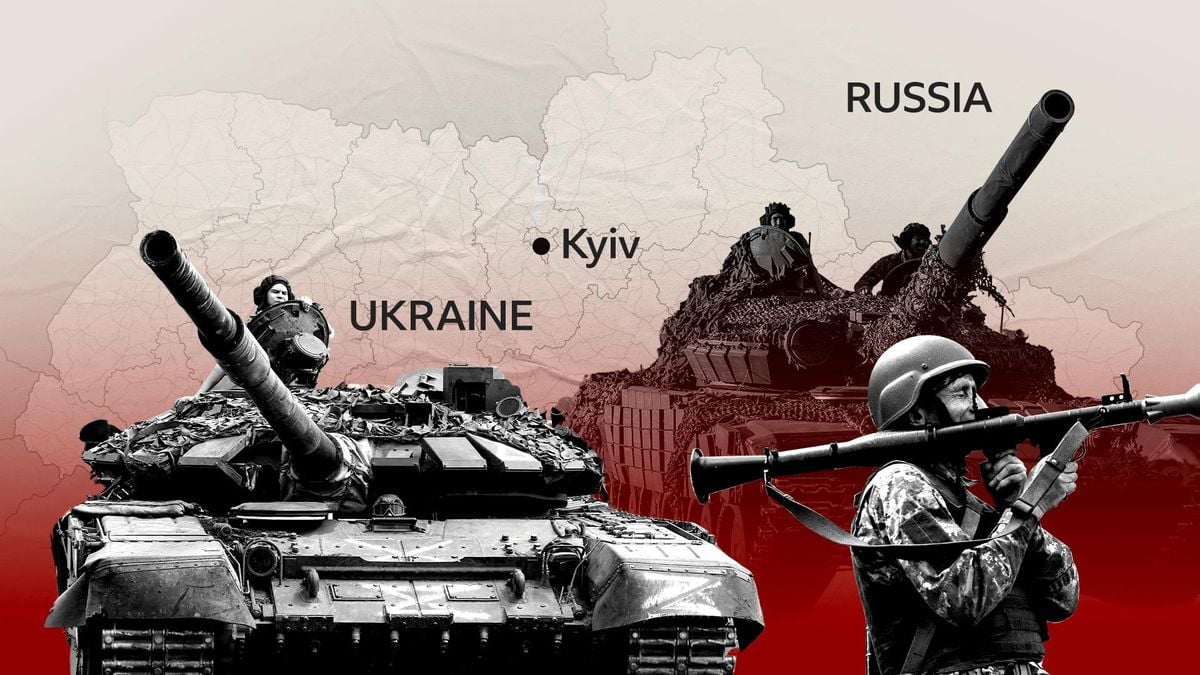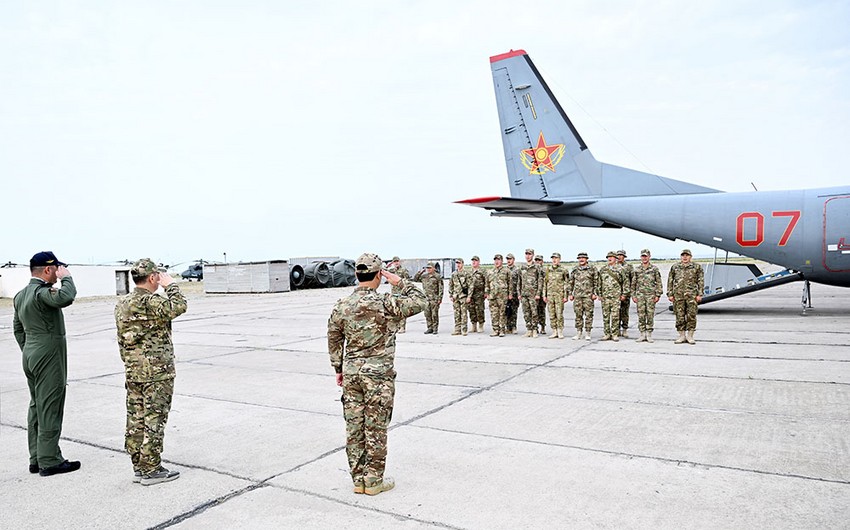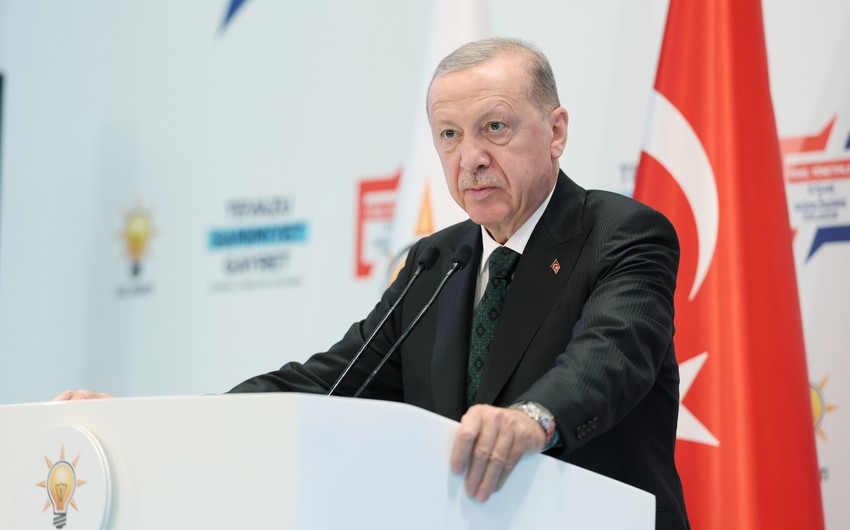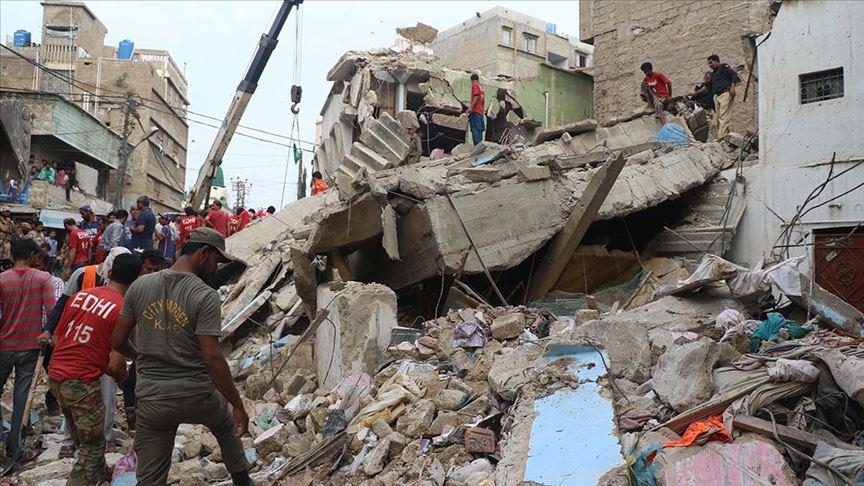Since August 6, Russia has been grappling with Ukraine's unexpected military incursion into the border regions of Kursk. Despite significant efforts, Russian forces have been unable to reclaim the territories now under Ukrainian control. The situation has escalated, with Alexei Smirnov acknowledging in a meeting with President Vladimir Putin that 74 settlements in the Kursk region have fallen to Ukrainian forces. This development raises questions about Kyiv's strategic intentions, leading some to speculate whether this could mark the beginning of a conflict as decisive as the historic Battle of Kursk during World War II.
Experts have weighed in on the potential implications of this confrontation to Ednews:
Irish political analyst and historian Patrick Walsh expressed skepticism about the significance of the current conflict compared to the first Battle of Kursk.
"I doubt the second battle of Kursk will be anything like the scale or importance of the first. Putin is treating the Ukrainian force as essentially a commando group defining this as an anti-terrorist operation rather than an invasion. Russia is dealing with the Ukrainian raid at leisure knowing it is a sideshow to the real conflict in Donbas, where the war will be decided. The Kremlin know the Ukrainian intention is to get the Russians to divert forces to Kursk but the Russians are not obliging. Kyiv has launched an incursion into an area that has only small settlements and which is of little strategic value and few Russian forces. The idea is to make maximum political impact with declining resources, when an offensive on the main battlefield is impossible for Kyiv. Obviously much will be made of Russian failure to dislodge these forces in the Western media but their continued presence all depends on what force Russia applies to the incursion. At the moment the Kremlin is treating the situation as an unexpected inconvenience of minor embarrassment rather than a serious threat. The Kremlin wants to stick to the main business and not be diverted by sideshows. Of course, Kyiv's intention is the opposite."
In contrast, German political analyst Brendan Fraser argued that Ukraine's actions could shift the dynamics of negotiations between Kyiv and Moscow.
"Ukraine's attack on Kursk changed the dynamics of the current battles," Fraser stated. He highlighted the unexpected timing of the incursion, suggesting that it occurred when Russia might have been seeking to de-escalate the conflict. Fraser warned that continued Ukrainian advances, with the number of captured settlements reportedly rising to 74, could force Russia to divert resources from other critical fronts, such as Donbas. He also suggested that sustained operations on Russian soil could lead to domestic discontent, potentially destabilizing the Putin regime.










